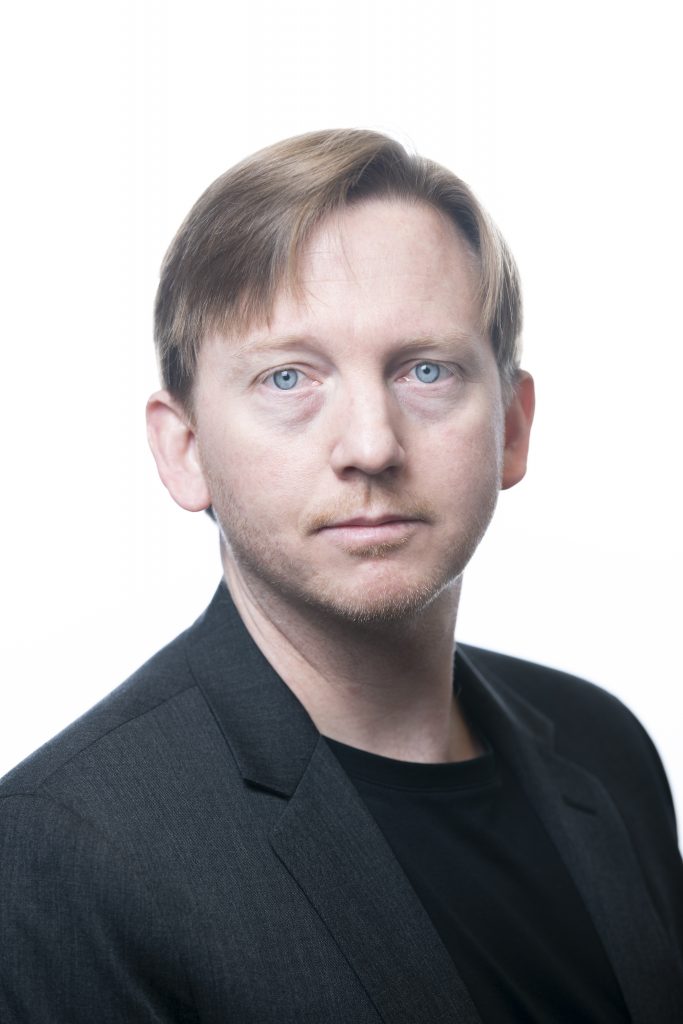SNOLAB recruits U.S. physicist as new Director of Research

SNOLAB is pleased to announce that Dr. Ray Bunker has been recruited as its new director of research. As research director, Bunker will lead SNOLAB’s award-winning teams of research scientists, scientific support staff, and project managers.
Bunker comes to SNOLAB from Pacific Northwest National Laboratory, where he has been a research scientist for nearly 10 years. His expertise and research experience include dark matter experimentation, radiation detection (especially radon), quantum information science, and low-temperature physics.
Bunker completed his undergraduate studies at the Massachusetts Institute of Technology and received his Ph.D. at the University of California, Santa Barbara. He completed postdoc work at Syracuse University and the South Dakota School of Mines and Technology before starting his position as Research Scientist at PNNL.
“SNOLAB is renowned for attracting and producing some of the finest scientists globally, establishing our position as a leader in deep underground science.” says SNOLAB Executive Director Dr. Jodi Cooley.
“Talented people are the core of SNOLAB’s ongoing success, and Ray’s leadership and vision will continue to position SNOLAB as a global leader in underground science.”
Bunker, who will begin his tenure at SNOLAB in August, says he’s excited about the new challenge.
“SNOLAB pursues answers to some of the most fundamental questions about the nature of the Universe with a compelling experimental program and a truly worldclass research team,” he said.
“I’m excited to lead the team toward high-impact scientific and technical outcomes with the current program and to help shape the future of the lab with opportunities for groundbreaking new experiments and advanced capabilities.”
Bunker replaces Dr. Jeter Hall, who served as director of research at SNOLAB for more than seven years. Hall is leaving SNOLAB this summer to take up his new role as executive director of the Sylvia Fedoruk Canadian Centre for Nuclear Innovation in Saskatoon.
Cooley credits Hall with positioning SNOLAB to host international quantum technology projects. SNOLAB is advancing the testing of quantum devices, contributing to the development of quantum computing, and has positioned itself as an early adopter of quantum sensing technologies.
“Jeter has been instrumental in SNOLAB’s many successes in his time at SNOLAB,” Cooley said. “Beyond SNOLAB, Jeter has shown valuable leadership within Canada’s physics and science communities, and I know he will continue to lead by example in his new role.”
Cooley emphasized that filling this role was a transparent process that engaged all of SNOLAB’s staff.
“At SNOLAB, we strive to be open and collaborative. Staff input has been a valuable part of this hiring process, and we appreciate the time and commitment of staff in helping us come to this important decision.”